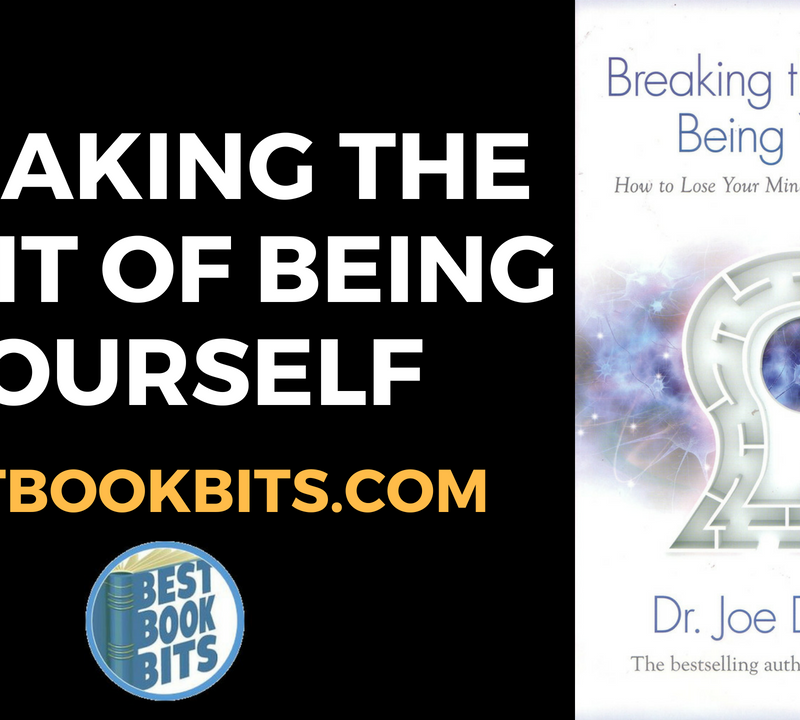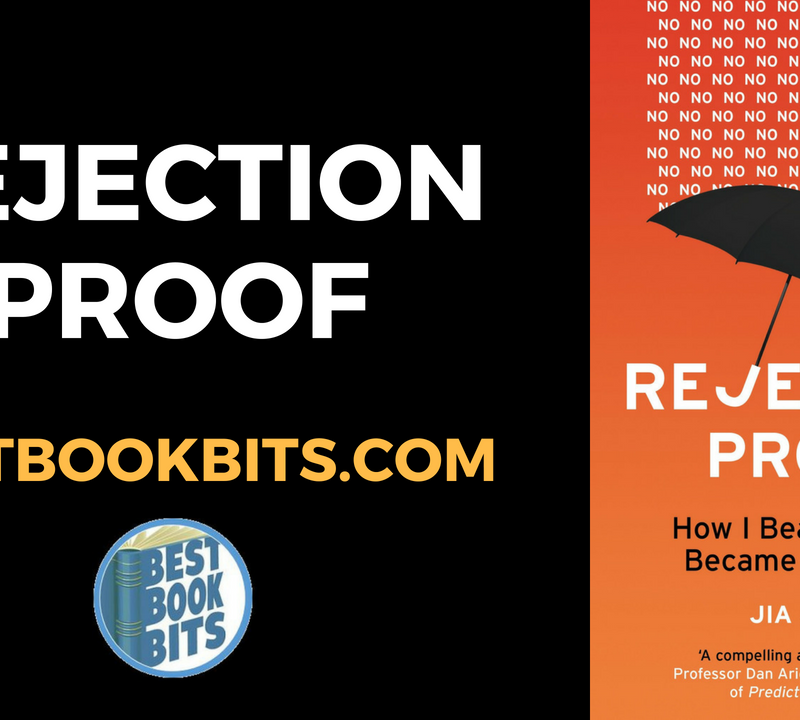JOIN THE ‘BEST BOOK CLUB’ NOW HERE
DOWNLOAD THIS FREE PDF SUMMARY HERE
STOP TRYING TO ACHIEVE YOUR GOALS BY YOURSELF AND BE COACHED TODAY HERE
CHECK OUT THE FOLLOWING Book | Summaries | Course | YouTube |Spotify | Instagram | Facebook | Newsletter | Website
The Dynamic Laws of Prosperity: Your Master Key to Prosperity by Catherine Ponder
How about a religious guide to wealth and success?
Catherine Ponder thinks she has the master key.
And this is your chance to learn from her:
Who Should Read “The Dynamic Laws of Prosperity”? And Why?
Long before positive thinking, affirmations and the Law of Attraction became parts of common knowledge, Catherine Ponder made them a thing, though using a few different words: radiation, attraction, visualization, circulation, and the Law of Creative Prosperity.
Readers of self-help New Thought books should definitely have a look, especially if they are religious; and those who believe in the power of positive thinking, shouldn’t think twice before buying this book.
There’s a reason why they call Ponder “the Norman Vincent Peale among lady ministers.”
About Catherine Ponder
Catherine Ponder is an American Unity Church minister and bestselling author of a few New Thought prosperity-themed books.
Born in 1927, Catherine Ponder received degrees in both business and education in North Carolina before being ordained as a minister in 1958.
Her first ministry was in Birmingham, Alabama, after which she moved to Austin, Texas, and then to San Antonio. In 1973 she moved to Palm Desert, from where she heads global ministry, having founded Unity Church Worldwide, an affiliate of Unity Church.
Published in 1962, Ponder’s first book, The Dynamic Laws of Prosperity, made her a national celebrity. Almost all of her other books treat the same subject: The Prosperity Secrets of the Ages, Open Your Mind to Prosperity, The Millionaires of Genesis, The Millionaire Moses, The Millionaire from Nazareth, Secret of Unlimited Prosperity, and a few others.
“The Dynamic Laws of Prosperity Summary”
Dear Minister, Please Redefine Prosperity for Me
You’re probably too young to remember it, but the relatively moderate eight-month Eisenhower Recession was a pretty big deal six decades ago.
Practically the only decline during the quarter-century-long economic boom after the Second World War, the Recession of 1958 caused many American businesses to shut down and many Americans to lose money.
A lot of money.
Catherine Ponder had barely started the fourth decade of her life back then, and she had just been ordained as a Unity Church Minister, merely two years after receiving degrees in business and education.
Naturally, due to this pretty unique combination of skills set against the backdrop of a worldwide recession, she received a lot of questions from the members of her congregation back in 1958.
The result?
A series of prosperity classes and, finally, in 1962, a debut book which made her pretty famous even among non-religious success-seekers.
Why?
Because unlike most religious people, Catherine Ponder didn’t despise money; and she offered her followers a pretty good reason why.
“No one can serve two masters,” you’re probably already mentally quoting the Bible (Matthew 6:24). “Either you will hate the one and love the other, or you will be devoted to the one and despise the other. You cannot serve both God and money.”
True, says Ponder, but there’s a difference between serving money and merely earning them.
Money for money’s sake is bad and godless; but there’s nothing wrong with earning money while serving God.
In other words, a rich person can enter the kingdom of heaven (Matthew 19:23-26) if he isn’t attached to his money but to God; in fact, one could argue that it’s a bit more difficult for a poor one:
Let us be done with thinking of poverty as a virtue. It is a common vice.
Visualize Your Desires
After doing away with the apparently false equation “money = sin,” Ponder introduces a new one, this time a correct one, the guiding principle of her book: “visualizations of desires = success.”
She’s not the first person – religious or non-religious – to proclaim this, but she is certainly one of the numbered few who did manage to popularize the concept long before Rhonda Byrne’s Secret turned it into a piece of common knowledge.
A decade and a half before Shakti Gawain, Ponder suggests that regular visualization of your biggest dreams will inevitably lead to their realization.
Almost unsurprisingly, she finds evidence for this in the Bible and in James Allen’s seminal classic on the subject, As a Man Thinketh:
As a man thinketh within himself, so is he (Prov. 23:7) And later the words of Job: Thou shalt decree a thing and it shall be established unto thee and light shall shine upon thy way. (Job 22:28) From the philosopher, James Allen, I learned: Through his thoughts, man holds the key to every situation and contains within himself that transforming and regenerative agency by which he may make himself what he wills.
In other words, thinking happy thoughts results in happy events; bad thoughts and doubts lead to misfortunes.
Write It Down, Make It Happen
Thinking big and good is merely the first step; writing your thoughts apparently further hacks this fireproof system.
In other words, even though God is an all-knowing being, he too needs some help: writing down your thoughts should help him turn them into reality more efficiently.
Another important thing: even though they say that the devil is in the details, Ponder is adamant that you must be specific when writing down your goals.
Don’t just say that you want to be rich; say that, for example, you want to earn 10 million dollars within the next half a decade.
And just like Jim Carrey – you will probably be surprised by the outcome.
Ponder writes of a man – “a successful businessman, lecturer, and writer” – who “dared to write out hundreds of times some simple words as to how he wished things to be, rather than fretting about how they appeared at the moment.”
And she advises that you do the same.
Because if you are “content to idly drift in a stream of small events and small expectations,” chances are you probably will.
Ponder often asks people to write down and regularly use this basic statement as a starting point “to help expand and intensify their constructive desires”: “I desire the highest and best in life, and I now draw the highest and best to me.”
And then it’s time to sketch out a plan.
write it down, make it happen!
Radiation and Attraction
Now, why should all of this work?
JOIN THE ‘BEST BOOK CLUB’ NOW HERE
DOWNLOAD THIS FREE PDF SUMMARY HERE
STOP TRYING TO ACHIEVE YOUR GOALS BY YOURSELF AND BE COACHED TODAY HERE
CHECK OUT THE FOLLOWING Book | Summaries | Course | YouTube |Spotify | Instagram | Facebook | Newsletter | Website
Because, Ponder says, there are some unwritten laws which guide the universe and the one which should interest you the most is the law of radiation and attraction.
To phrase it in the form of a beloved Beatles quote: “in the end, the love you take is equal to the love you make.”
Radiate, and you will attract; or, in more common words, give, and you shall receive.
Yup, we just quoted the Bible yet again;
“If I could shout one message to the whole world regarding life’s secrets,” writes Catherine Ponder, “it would be this:”
You cannot get something for nothing, but you can have the best of everything when you give full measure for the good you wish to receive.
Once again, Ponder makes known to her readers that this is neither a new idea nor one that should be dismissed by even the most skeptical of readers.
Ralph Waldo Emerson, she reminds us, “might have been describing this law of giving and receiving or radiation and attraction when he wrote ‘Great hearts send forth steadily the secret forces that incessantly draw great events, and wherever the mind of man goes, nature will accompany him, no matter what the path.’”
The trick is to be one of those with a great heart.
And if you are thinking and radiating great thoughts and expectancies of success and prosperity instead of failure, trouble, and limitation – then you are.
Tithing and Circulation
We know what you’re thinking: the only thing more old-fashioned than the word “tithing” is probably the practice of tithing.
In case you don’t know what we’re talking about, tithing is the practice of giving away the first tenth of your income to (most often) a religious organization.
But can I just give away things mentally, you say?
According to Ponder – no, you can not; and even God says so (Matthew 23:23): “Woe to you, teachers of the law and Pharisees, you hypocrites! You give a tenth of your spices—mint, dill, and cumin. But you have neglected the more important matters of the law—justice, mercy, and faithfulness. You should have practiced the latter, without neglecting the former.”
There’s an even deeper reason for giving away parts of your income to an organization respecting God; that way, you prove to yourself that you’re still serving one Master, i.e., God.
And since He is the real source of your money – Moses says so: “Thou shalt remember Jehovah thy God, for it is He that giveth thee power to get wealth” (Deuteronomy 8:18) – He’ll make sure to give twice of that amount back.
Don’t believe us?
Well, John D. Rockefeller did this abundantly, and he only got richer and richer for that; “God gave me my money,” said he every time someone asked him “why all this charity, John?” (which was, most probably, not once):
There is basically one problem in life: congestion. There is basically one solution: circulation. Systematic giving is, therefore, a powerful practice that blesses every phase of our lives, as it keeps us attuned to the wealth of the universe.
Key Lessons from “The Dynamic Laws of Prosperity”
- You Can’t Serve Two Masters – But You Can Be Rich and Still Serve Just One
2. The Law of Creative Prosperity and Writing Down Your Desires
3. Radiation, Attraction, Tithing, and Circulation
You Can’t Serve Two Masters – But You Can Be Rich and Still Serve Just One
According to the Bible (Matthew 6:24): “No one can serve two masters. Either you will hate the one and love the other, or you will be devoted to the one and despise the other. You cannot serve both God and money.”
This is usually taken to mean that being rich is incompatible with being a good God-serving man. And in case you have any doubts, there’s also that “eye of a needle” story:
“I tell you the truth,” says Jesus, “it is hard for a rich man to enter the kingdom of heaven. Again I tell you, it is easier for a camel to go through the eye of a needle than for a rich man to enter the kingdom of God” (Matthew 19:23-26).
Well, Catherine Ponder is a Unity Church Minister; and The Dynamic Laws of Prosperity is a book about money.
How does she explain these two quotes?
JOIN THE ‘BEST BOOK CLUB’ NOW HERE
DOWNLOAD THIS FREE PDF SUMMARY HERE
STOP TRYING TO ACHIEVE YOUR GOALS BY YOURSELF AND BE COACHED TODAY HERE
CHECK OUT THE FOLLOWING Book | Summaries | Course | YouTube |Spotify | Instagram | Facebook | Newsletter | Website
Well, she says, neither of the two states that money is bad; both of them suggest that money is bad when it becomes an objective in itself.
In other words, if you are too attached to money and want to earn them for their sake, then you’ve forgotten about God; but if you still pray, go to church, and give some of your money away (preferably to God’s organizations on earth), then there’s nothing wrong in earning them.
The Law of Creative Prosperity and Writing Down Your Desires
“The law of creative prosperity,” writes Catherine Ponder, “is to take your deep-seated desires and, instead of suppressing them as impossible dreams, begin expressing them constructively through deciding what they really are, and then doing something very simple but very powerful about them: write them down!”
Why?
Because writing down your desires and formulating them in a list or a potential plan, clarifies the desires in your mind, and – to quote Ponder yet again – “the mind produces definite results only when it has been given definite ideas through which to work.”
Let’s rephrase Ponder for you: the Law of Creative Prosperity is how the Law of Attraction was called half a century ago; and it works best when you are the most specific.
Radiation, Attraction, Tithing, and Circulation
The law of creative prosperity is grounded in the basic law of the universe, says Ponder: in the end, you receive (attract) as much as you give (radiate).
That’s why Ponder advises her readers to give away a tenth of their income to the church, thereby proving that they are not serving Mammon but God.
This practice is called tithing and is, in itself, merely a corollary of a higher law: the law of circulation.
“There is basically one problem in life,” writes Ponder, “congestion. There is basically one solution: circulation.”
“The Dynamic Laws of Prosperity Quotes”
Let us be done with thinking of poverty as a virtue. It is a common vice.
Through his thoughts, man holds the key to every situation and contains within himself that transforming and regenerative agency by which he may make himself what he wills.
I desire the highest and best in life, and I now draw the highest and best to me.
You cannot get something for nothing, but you can have the best of everything when you give full measure for the good you wish to receive.
There is basically one problem in life: congestion. There is basically one solution: circulation.
JOIN THE ‘BEST BOOK CLUB’ NOW HERE
DOWNLOAD THIS FREE PDF SUMMARY HERE
STOP TRYING TO ACHIEVE YOUR GOALS BY YOURSELF AND BE COACHED TODAY HERE
CHECK OUT THE FOLLOWING Book | Summaries | Course | YouTube |Spotify | Instagram | Facebook | Newsletter | Website













